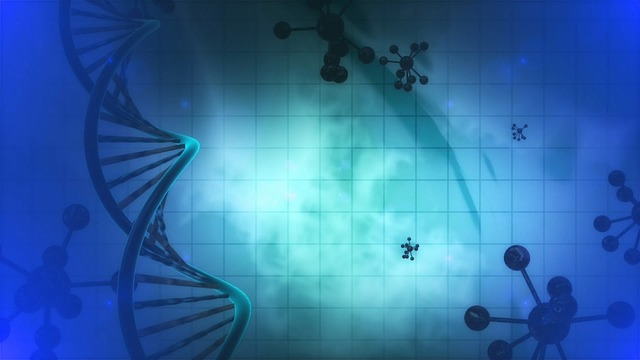The ethics of creating GMO humans
By Editorial Board,
Los Angeles Times
| 08. 03. 2017
In a process that can be likened to the creation of GMO crops, scientists have edited genes in human embryos in order to eliminate a mutation that causes thickening of the heart wall. The embryos were created solely for the scientists’ study and will not be implanted. Nonetheless, the research offers hope that in years ahead, science could prevent many serious genetic diseases at the stage in which people are a microscopic cluster of cells in a petri dish. What’s more, because those edited genes would be carried forth into new generations, the disease might eventually be eliminated altogether.
Is this a glorious new frontier or a troubling situation? Unequivocally, the answer is yes to both.
The research results by an international team of U.S., Chinese and South Korean scientists were enormously exciting medically. Beyond the technical achievement involved, the team’s work hastened the arrival of a revolutionary form of treatment: removing genes that can lead inexorably to suffering and premature death.
But there is also a great deal we still don’t know about how minor issues might become major...
Related Articles
By Pete Shanks
| 02.27.2026
Last month, we published “The Shameful Legacy of Tuskegee” which focused on a proposed experiment in Guinea-Bissau. The study’s plan echoed the notorious Tuskegee disaster, withholding safe, effective vaccines against hepatitis B from some newborns while inoculating others. It was to be financed by the U.S. but performed by a controversial Danish team. That project provoked a multi-national outcry, leading to a remarkable response from the World Health Organization:
WHO has significant concerns regarding the study’s scientific...
By Jenn White, NPR | 02.26.2026
By Vittoria Vardanega, SWI swissinfo.ch | 02.13.2026
In recent years, sperm donation has produced family trees of unprecedented size, stretching across countries and, in some cases, continents. Stories of “mass donors” have captured public attention, most recently through the Netflix documentary series, The Man with 1,000 Kids...
By Kiana Jackson and Shannon Stubblefield, New Disabled South | 02.09.2026
"MC0_8230" via Wikimedia Commons licensed under CC by 2.0
This report documents a deliberate assault on disabled people in the United States. Not an accident. Not a series of bureaucratic missteps. An assault that has been coordinated across agencies...




